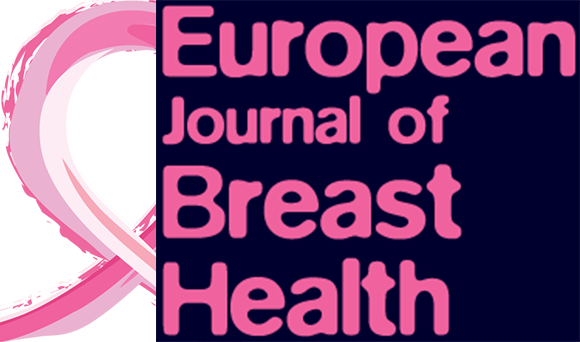ABSTRACT
Objective:
The purpose of this study was to identify the health beliefs and breast cancer (BC) screening behavior of a group of female health professionals (FHPs) [physicians, nurses and midwives] in Turkey.
Materials and Methods:
This descriptive study was conducted at primary and secondary level healthcare institutions in Central Anatolia, Turkey. The study group included 720 FHPs. Data was collected by a questionnaire and the Turkish version of Champion’s Health Belief Model Scales (CHBMS).
Results:
The mean age of the FHPs was 30.2 years (±6.12 range; 20-50), 8.9 % of them were ≥40 years. The majority (93.9%) of FHPs did not have annual mammography (MMG) or clinical breast examination (CBE) (95.1%); and 42.9% reported to perform breast self-examinations (BSE). None of the physicians reported having a CBE or MMG. The physicians’ perception of susceptibility, severity and barriers to screening was lower than the nurses and midwives; however, their perception of benefits, self-efficacy and health motivation was higher. The perception of benefit among nurses, and self-efficacy and perception of health motivation among midwives were lower than those of the physicians. The perception of barriers to screening was highest among nurses.
Conclusion:
The compliance rate with early detection practices for BC screening was low among FHPs. Health beliefs influenced their behavior on BC screening.



